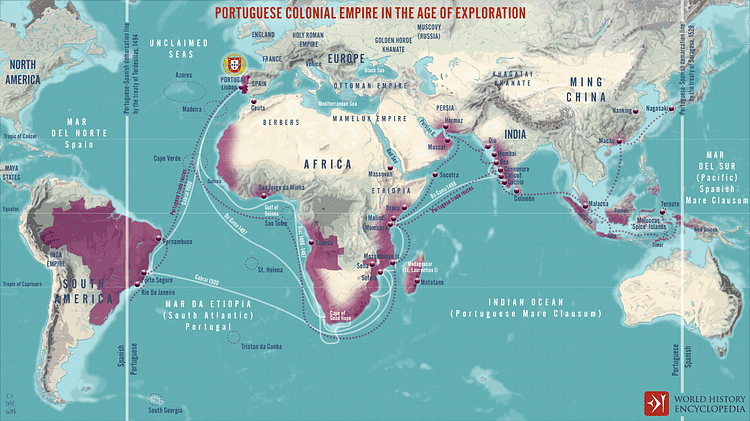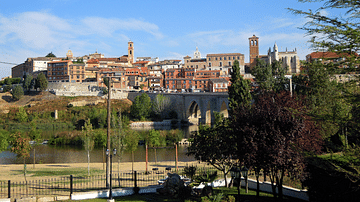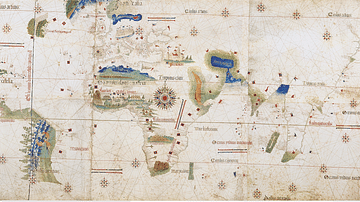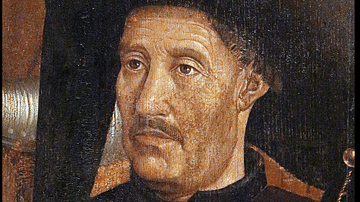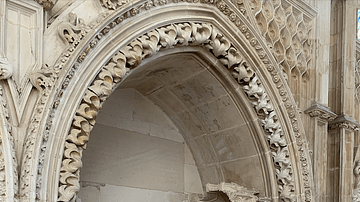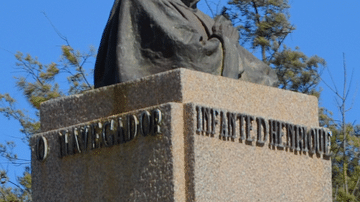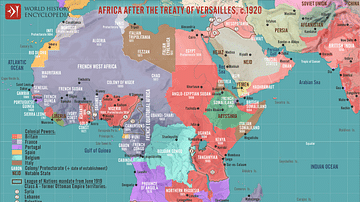Illustration
A map illustrating the evolution of Portugal into a global colonial power following the period of European exploration of the 15th century. Portugal’s colonial Empire began in the fifteenth century, with the kings of Portugal seeking trade routes to the East Indies. As a result, it became the oldest overseas Empire established by a European power (truth be told - geographically speaking big part of it was established after 1884, and it survived all others, losing virtually no territory after the 1822 secession of Brazil until India seized Goa in 1961). Starting with the conquest of cities on the Moroccan coast and a push to continue the Reconquista beyond the Iberian Peninsula, the birth moment of the Empire could be seen with the taking of Ceuta in 1415 (it ended with the transfer of Macau to China in 1999) as Portuguese sailors utilizing novel technologies for cartography and navigation explored the open sea, discovering the islands of the Canaries, Madeira, Azores, and Cape Verde and later the African coast until, in 1488, they sailed beyond Cape of Good Hope, followed in 1498, of Vasco da Gama opening a maritime route to India and establishing dominance in the Spice Trade.
Cite This Work
APA Style
Netchev, S. (2021, May 29). Portuguese Colonial Empire in the Age of Exploration. World History Encyclopedia. Retrieved from https://www.worldhistory.org/image/14123/portuguese-colonial-empire-in-the-age-of-explorati/
Chicago Style
Netchev, Simeon. "Portuguese Colonial Empire in the Age of Exploration." World History Encyclopedia. Last modified May 29, 2021. https://www.worldhistory.org/image/14123/portuguese-colonial-empire-in-the-age-of-explorati/.
MLA Style
Netchev, Simeon. "Portuguese Colonial Empire in the Age of Exploration." World History Encyclopedia. World History Encyclopedia, 29 May 2021. Web. 27 Apr 2024.
